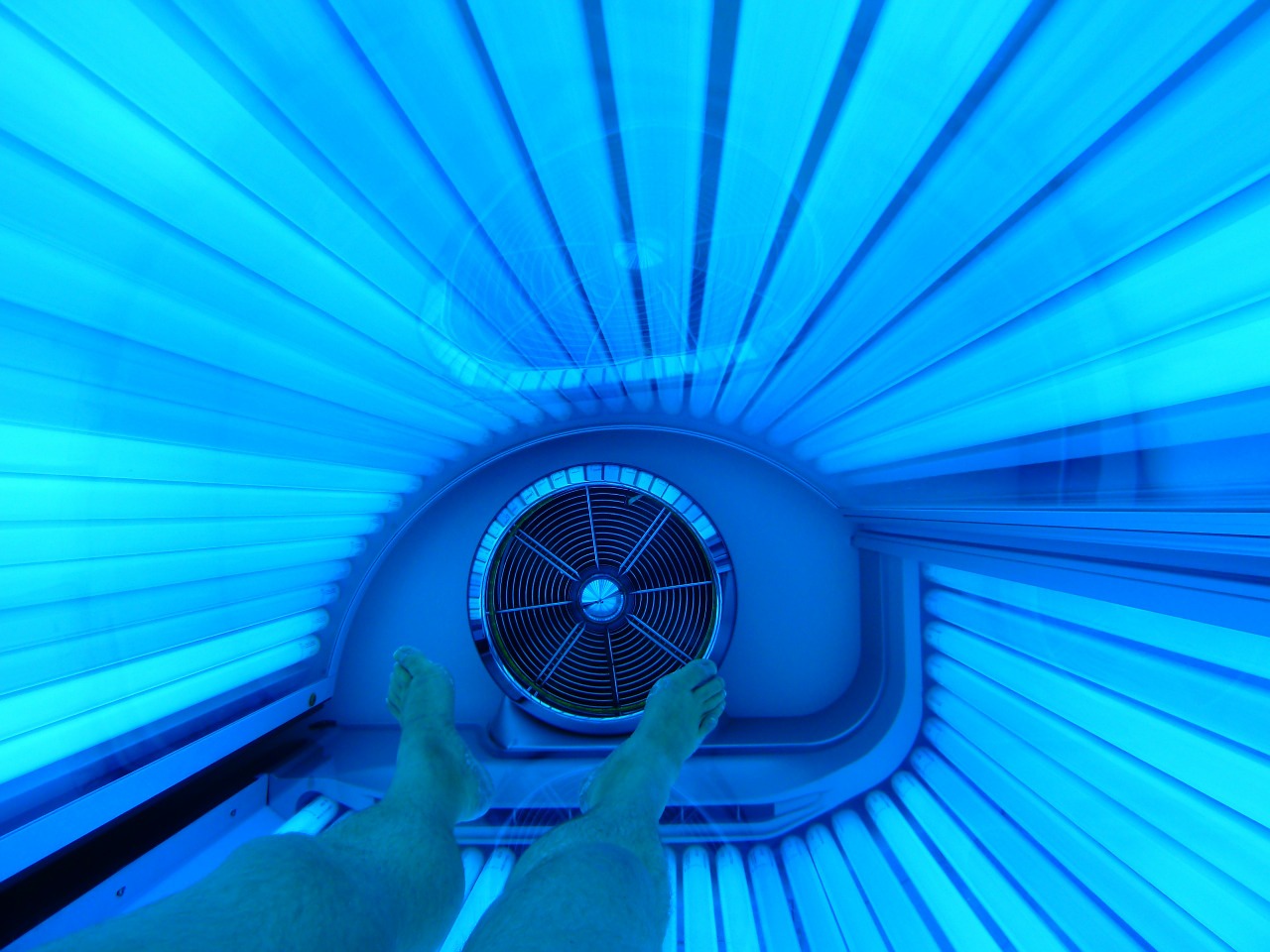
Few things make Prof. Jennifer McWhirter cringe more than seeing people acting lackadaisical about the danger of skin cancer.
McWhirter, Department of Population Medicine, is a member of the Ontario Sun Safety Working Group and studies beauty ideals, tanning, health communication and ways to prevent skin cancer.
This is National Sun Awareness Week, and national cancer organizations are promoting sun safety.
She said many people do not realize that the disease can affect them.

“The increase in melanoma skin cancer in young women in more recent years is thought to be related to the popularity of indoor tanning,” she said.
“But outside of that, skin cancer tends to increase with age. It is not just a young or old person’s health issue – it is an issue across ages and for both males and females.”
She says many men are less likely to follow sun safety messages, perhaps partly because they are targeted less frequently by such messages in the media.
McWhirter is troubled by myths and misinformation about skin cancer that can spread easily.
“I’ll see someone post a dubious article on social media about how sunscreen is dangerous; that irks me and I would advise people to view such posts with a healthy dose of skepticism; numerous tests have shown sunscreen is an important tool in preventing skin cancer,” she said.
“People with dark skin can get skin cancer, too. That’s a message that is rarely conveyed in the media, but an important one. A base tan is not a safe way to protect yourself. And never use tanning beds; the UV radiation from indoor tanning is cancer-causing.”
If you see an unusual spot on your skin, McWhirter said, get it examined immediately by a physician.
“Yes, skin cancer can often be treated when it is caught early. But it can also be disfiguring and dangerous — and sometimes it can be fatal.”
She said some people worry more about sun-related wrinkles and age spots than skin cancer.
Many people who tan choose to do so for their appearance. McWhirter says her research in health promotion and policy might help change behaviour.
“If people are motivated to expose themselves to a health risk for appearance reasons, they are likely also willing to consider protecting themselves from that health risk for appearance reasons,” she said.
“Conveying that UV rays not only cause skin cancer but also cause skin aging may be one way to help make the messaging more effective.”
She uses broad-spectrum, water-resistant sunscreen of at least SPF 30, and recommends using protective clothing, shade, sunscreen, a hat with a wide brim and sunglasses.
“We need to start thinking about sun protection as second nature.”
Likening sun protection to brushing your teeth or wearing seatbelts, she said, “Protecting yourself from the sun before you head out for the day should become the same sort of habit. That would help prevent a lot of cases of skin cancer.”